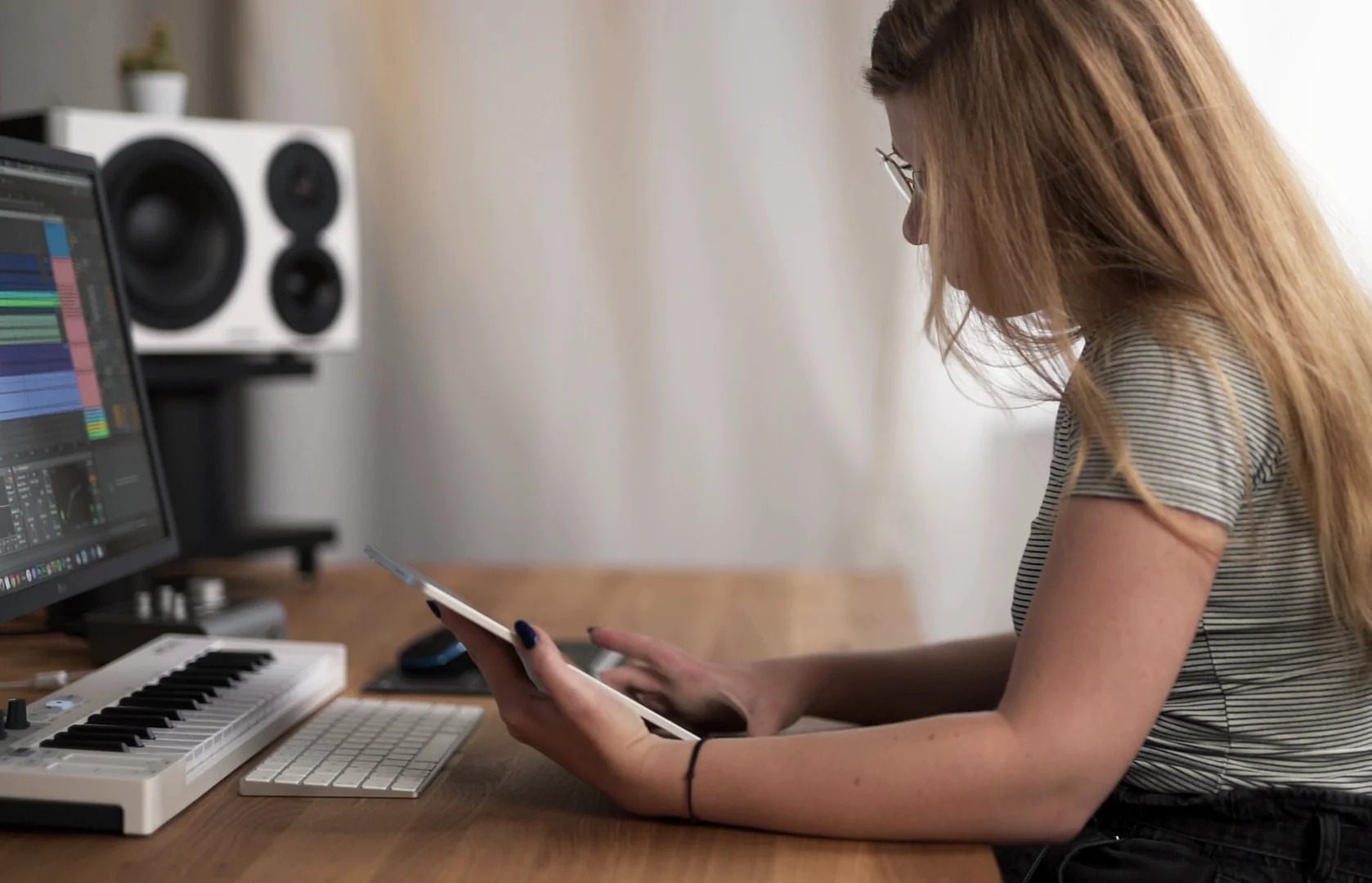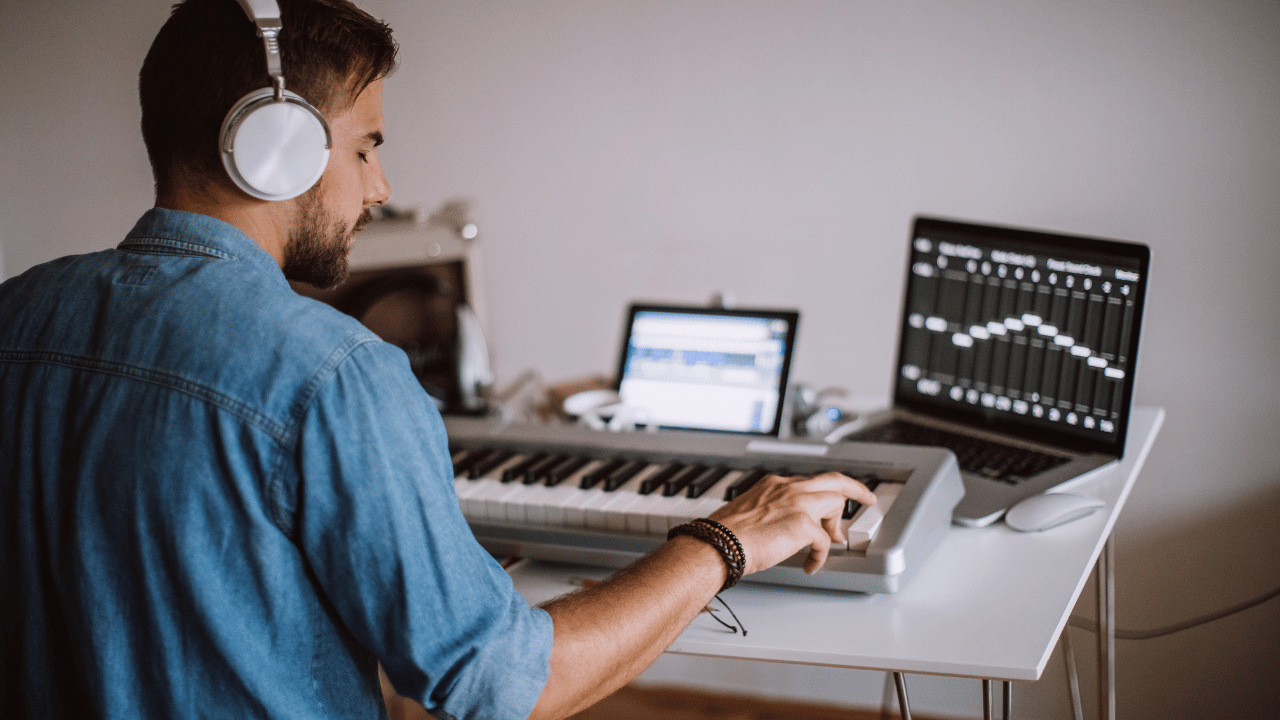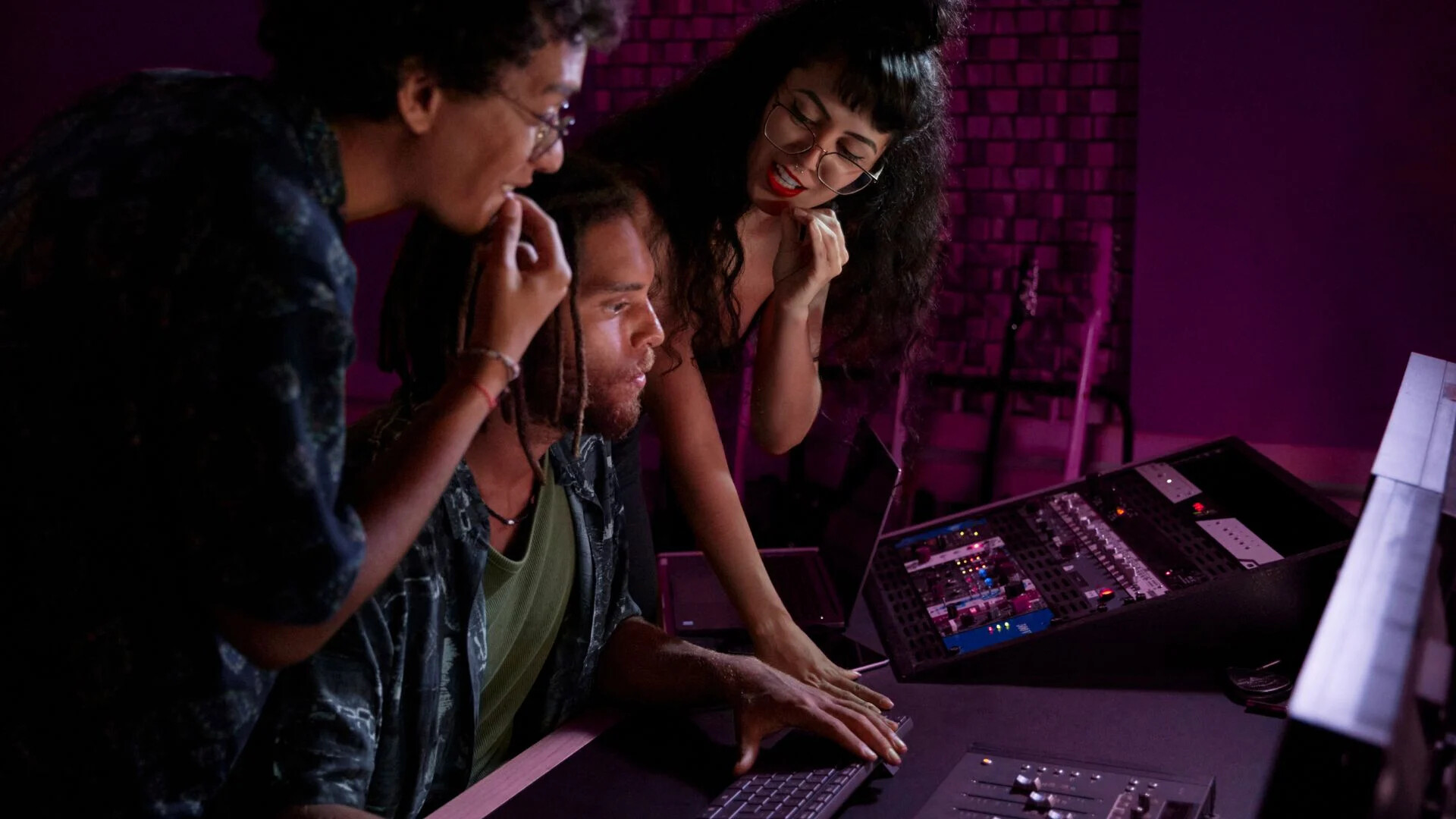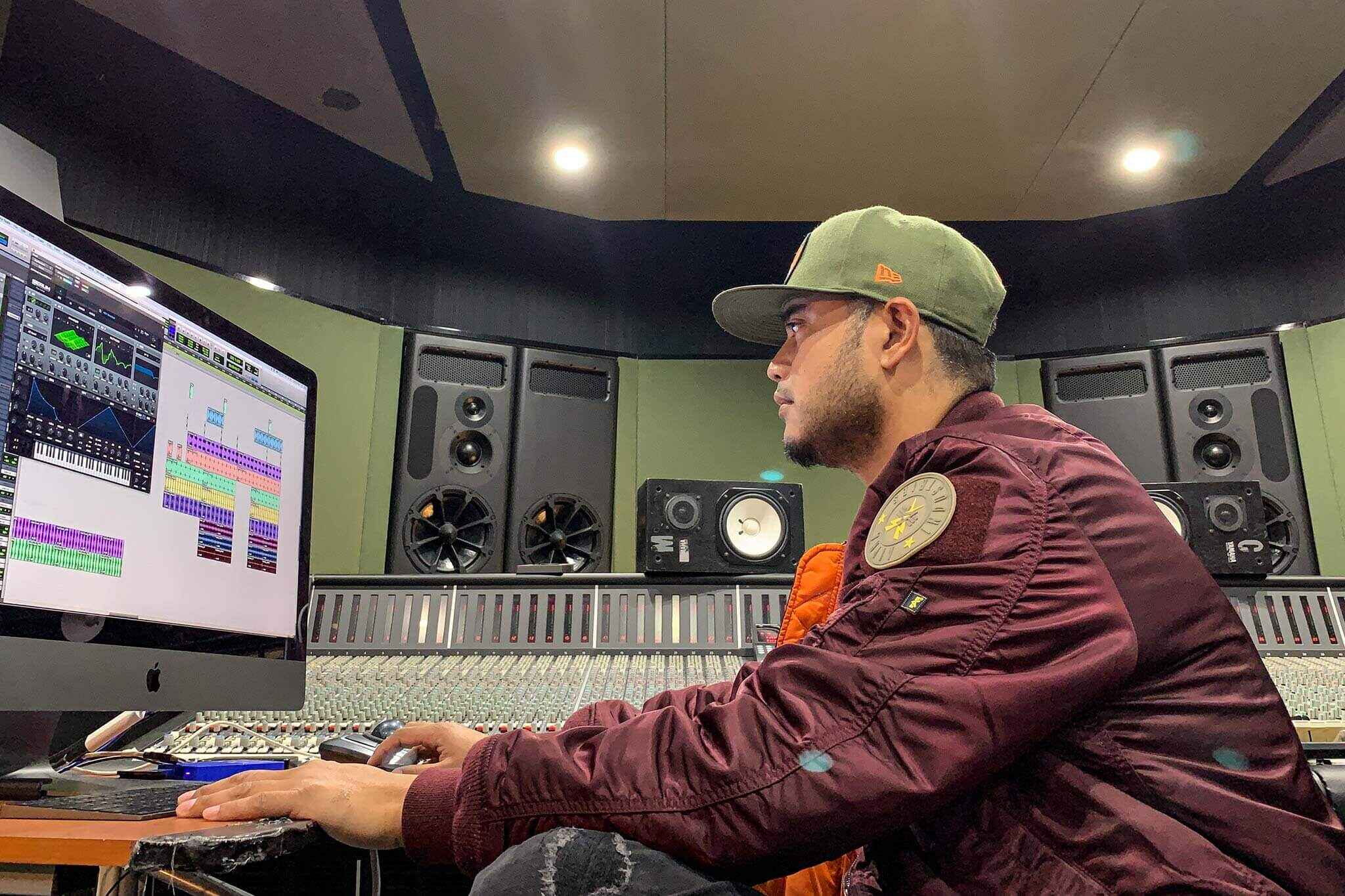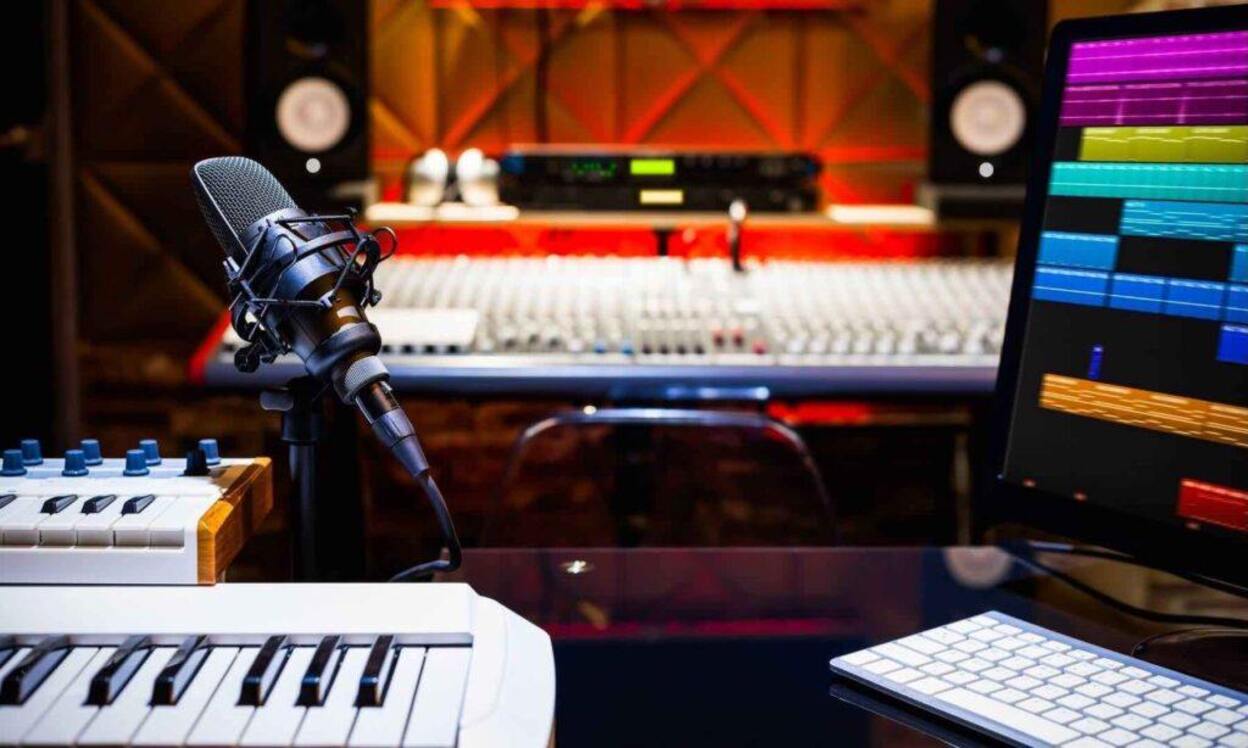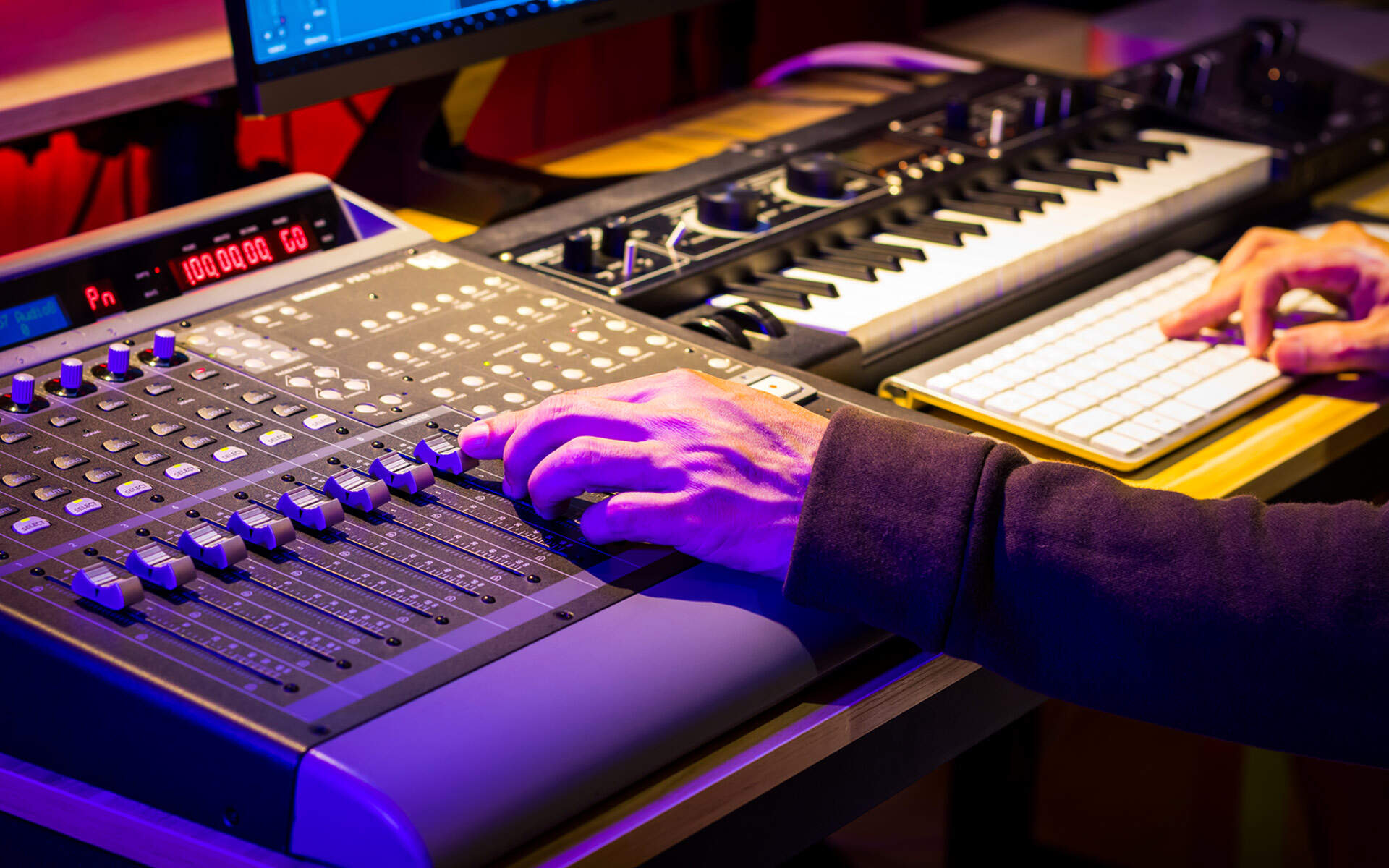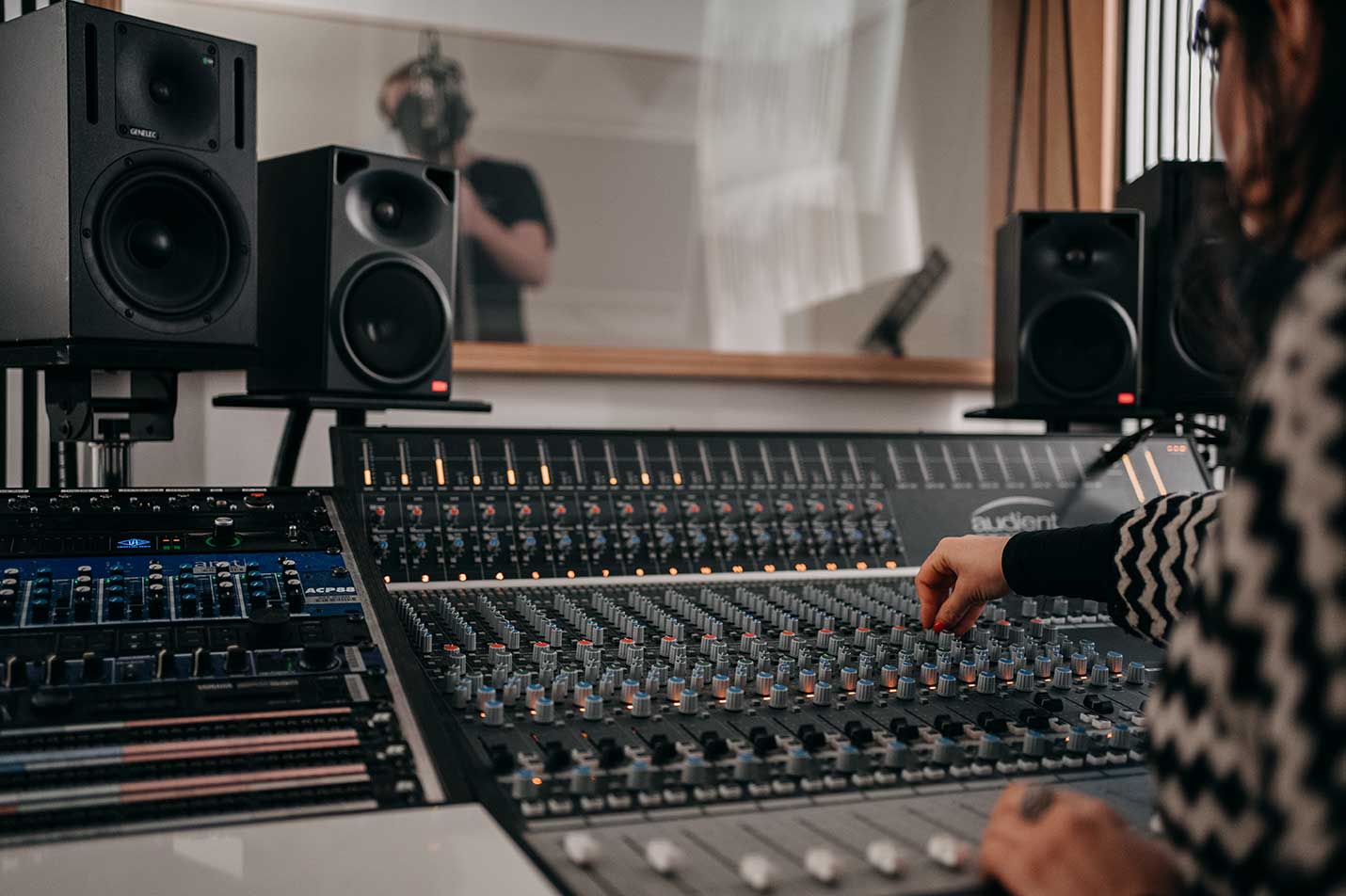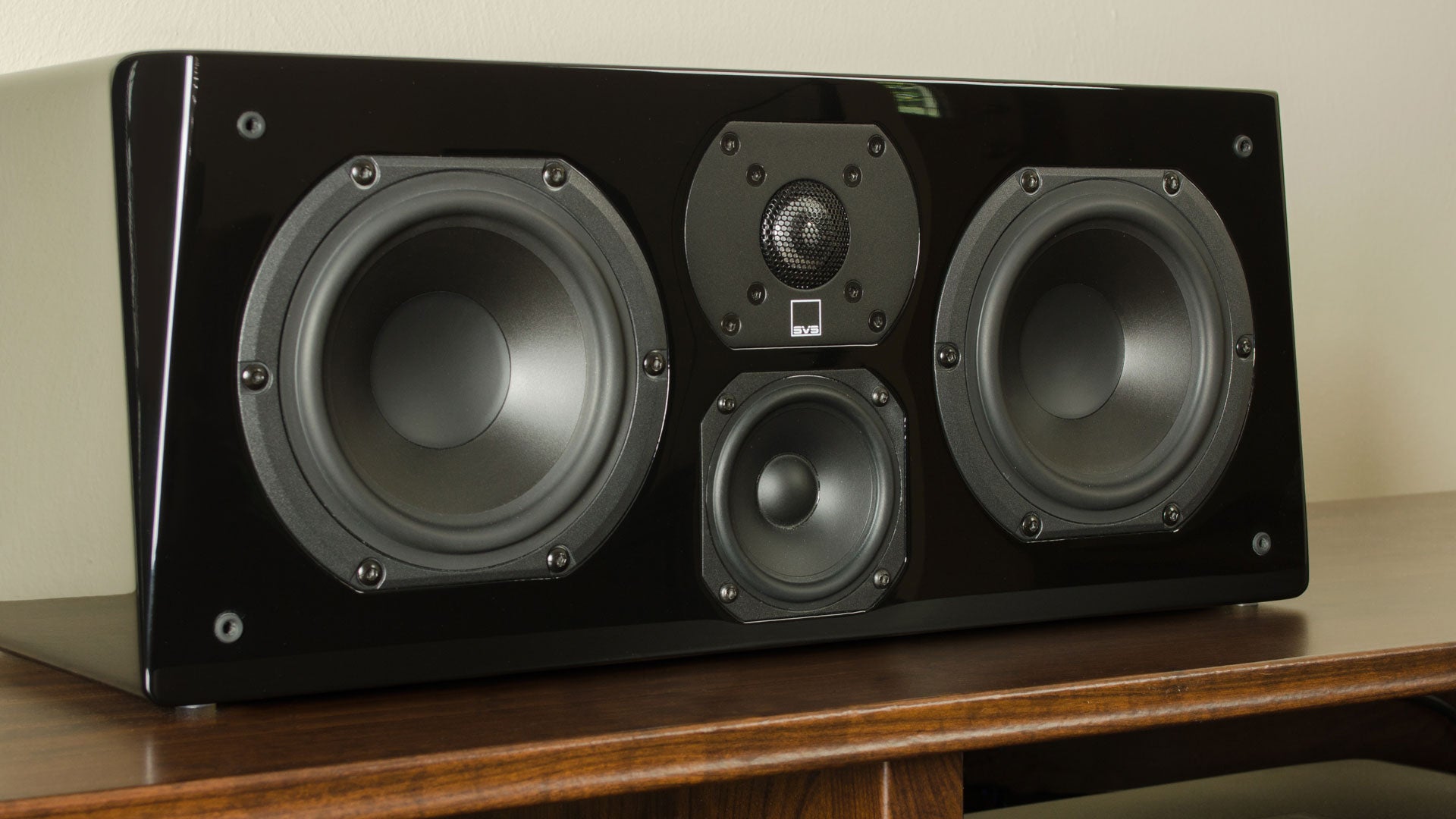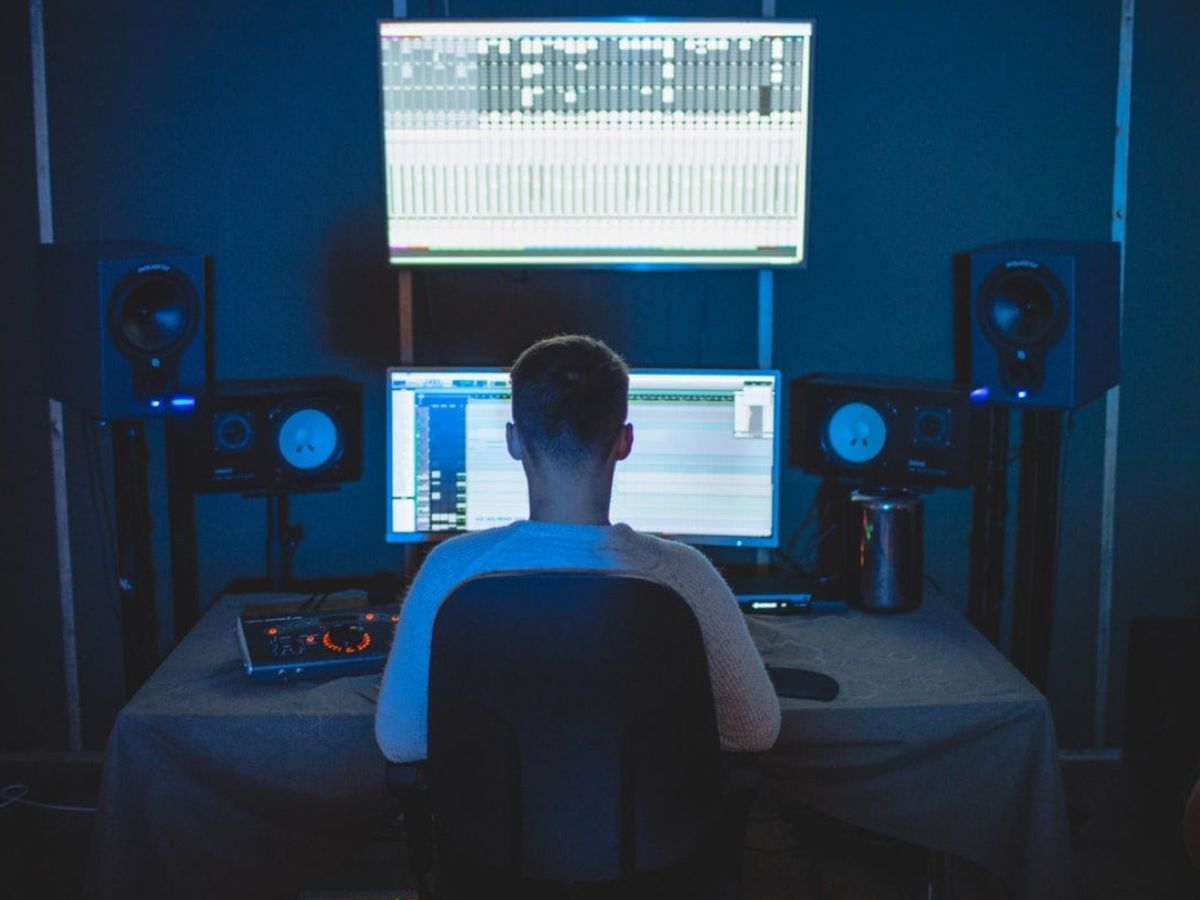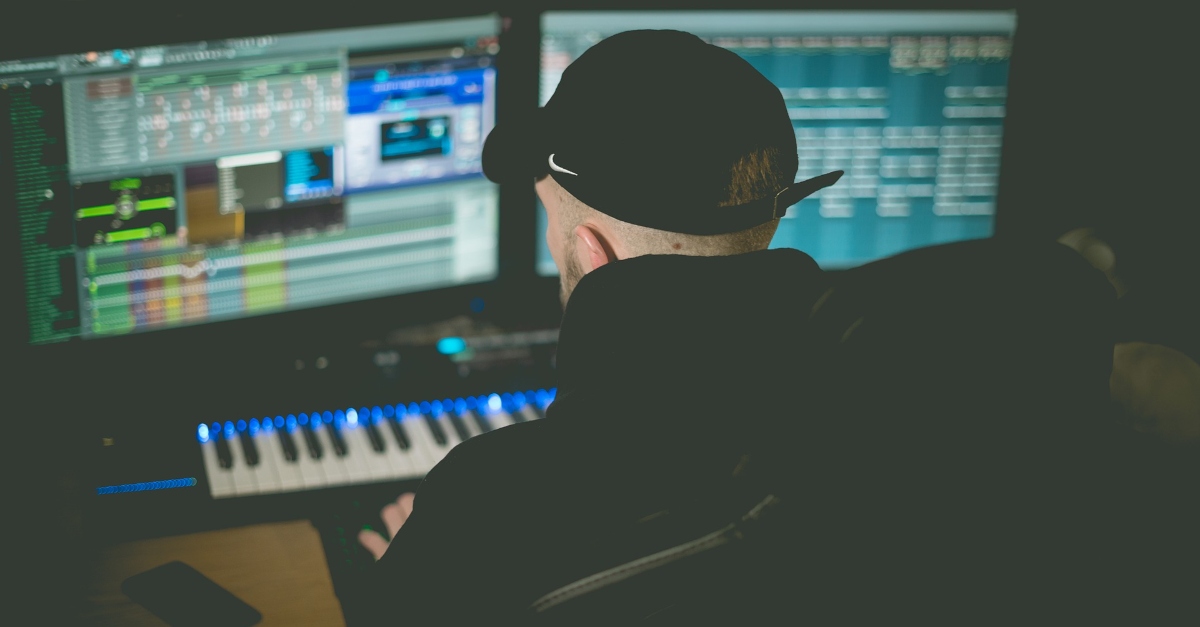Home>Production & Technology>Producer>How To Get Permission To Use Music As A Producer
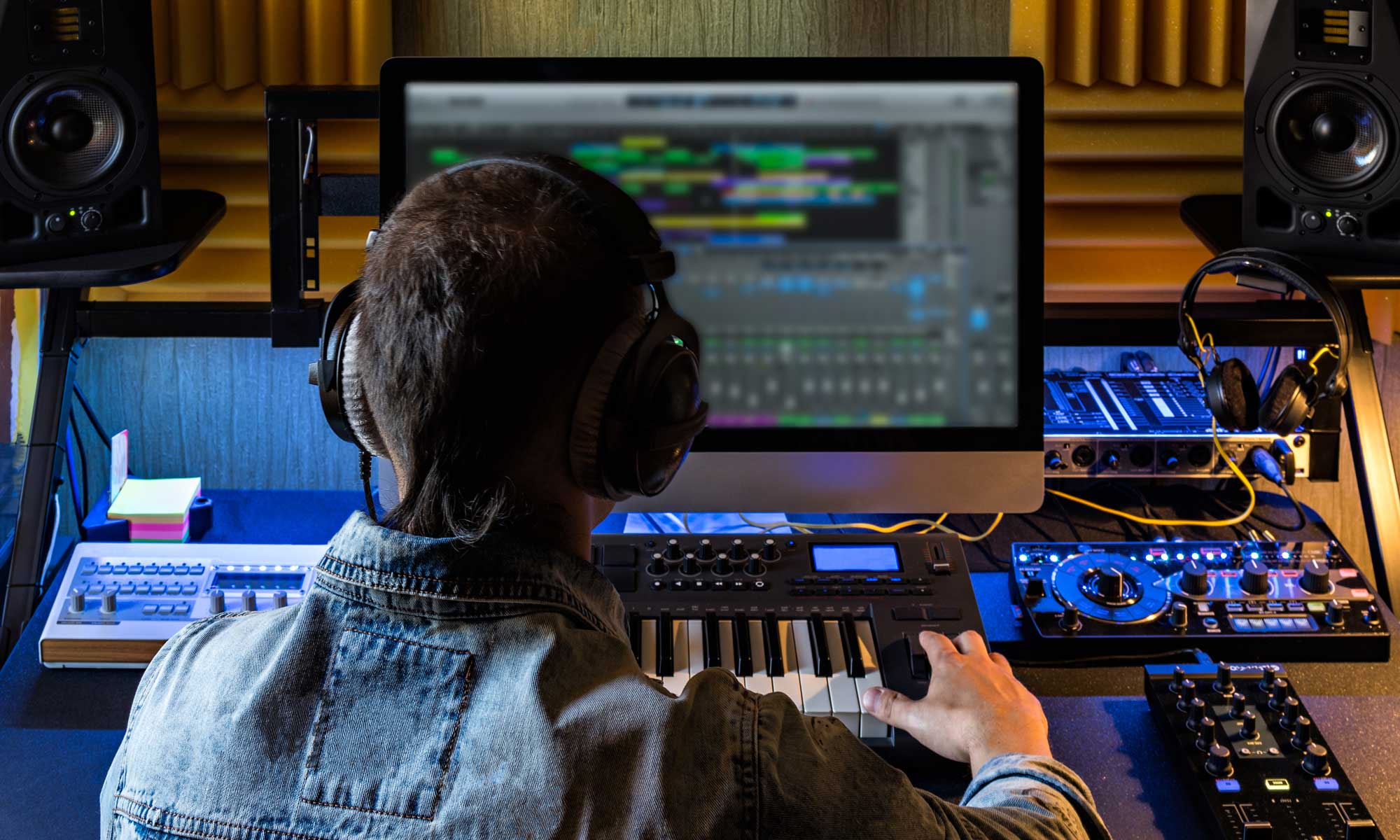

Producer
How To Get Permission To Use Music As A Producer
Published: March 6, 2024
Learn how to obtain legal permission to use music as a producer. Understand the process and requirements for licensing music for your productions.
(Many of the links in this article redirect to a specific reviewed product. Your purchase of these products through affiliate links helps to generate commission for AudioLover.com, at no extra cost. Learn more)
Table of Contents
Understanding Copyright and Licensing
As a producer, it's crucial to have a solid grasp of copyright laws and licensing regulations when using music in your projects. Copyright laws protect the rights of creators and owners of original musical works, ensuring that they have control over how their music is used and distributed. This means that you cannot simply use any music in your productions without obtaining the necessary permissions.
When it comes to using music in your productions, there are two primary rights to consider: the copyright in the musical composition and the copyright in the sound recording. The copyright in the musical composition typically belongs to the songwriter or music publisher, while the copyright in the sound recording is usually owned by the recording artist, record label, or producer.
To legally use music in your productions, you need to obtain the appropriate licenses for both the musical composition and the sound recording. There are different types of licenses that may be required, depending on how you intend to use the music. For example, if you plan to include a copyrighted song in a film, advertisement, or online video, you will need to secure synchronization and performance licenses for the musical composition and a master use license for the sound recording.
It's important to note that the process of obtaining music licenses can be complex and may involve negotiating terms and fees with the rights holders. Additionally, the specific requirements for obtaining licenses may vary depending on the jurisdiction and the intended use of the music.
By understanding the intricacies of copyright and licensing, producers can navigate the legal landscape surrounding music usage more effectively. This knowledge empowers producers to make informed decisions about the music they incorporate into their projects and ensures that they comply with copyright laws, ultimately safeguarding their work and reputation in the industry.
Identifying the Right Holder
Before seeking permission to use music in your productions, it's crucial to accurately identify and locate the rightful owners of the musical composition and sound recording. This process involves meticulous research and understanding of the intricate web of rights holders within the music industry.
Research and Documentation
To begin, you must gather as much information as possible about the music you intend to use. This includes identifying the songwriter, composer, music publisher, recording artist, record label, and any other entities associated with the creation and distribution of the music. Utilize resources such as performing rights organizations, music publishing databases, and online music directories to gather comprehensive data about the rights holders.
Utilizing Copyright Databases
Copyright databases, such as the U.S. Copyright Office's online database, provide valuable insights into the ownership and registration of musical works. By conducting searches within these databases, you can uncover essential details about the copyright holders, including their contact information and the specific rights they control.
Seeking Legal Assistance
In cases where the ownership of a musical work is complex or ambiguous, seeking legal assistance from an experienced intellectual property attorney can be invaluable. Legal professionals specializing in music copyright can help navigate the intricacies of rights ownership, especially when dealing with multiple rights holders or unclear copyright attributions.
Establishing Clear Communication
Once you have identified the rights holders, it's essential to establish clear and professional communication with them. This may involve reaching out to music publishers, record labels, or artist management agencies to initiate discussions about obtaining the necessary licenses for music usage.
Importance of Accuracy
Accurately identifying the right holders is paramount, as it ensures that you direct your licensing inquiries to the appropriate parties. Misidentifying or overlooking a rights holder can lead to legal complications and potential infringement issues down the line. Therefore, thoroughness and attention to detail in this phase of the process are critical.
By diligently identifying the right holders of the musical composition and sound recording, producers lay the foundation for successful licensing negotiations and ultimately contribute to a compliant and ethically sound approach to music usage in their productions.
Contacting the Right Holder
After meticulously identifying the rightful owners of the musical composition and sound recording, the next pivotal step in the music licensing process is initiating contact with the respective rights holders. This phase demands professionalism, clarity, and a respectful approach to establish productive communication and pave the way for successful negotiations.
Craft a Polished Introduction
When reaching out to the rights holders, it's essential to craft a polished and concise introduction that clearly articulates your intention to obtain licenses for the use of their music. The introductory communication should convey your understanding of their rights as owners and your commitment to adhering to copyright laws.
Utilize Multiple Communication Channels
Employing various communication channels, such as email, phone calls, and official letters, can enhance the likelihood of establishing contact with the rights holders. In some cases, leveraging social media platforms or professional networking sites may also provide avenues to connect with the relevant parties.
Demonstrate Professionalism and Respect
In all forms of communication, maintaining a professional and respectful tone is paramount. Clearly express your admiration for the music and your desire to utilize it in a manner that honors the creators' rights. Demonstrating genuine respect for the artistic integrity of the music can significantly influence the rights holders' receptiveness to your licensing inquiries.
Specify the Purpose and Intended Use
Clearly outline the specific purpose and intended use of the music in your production. Whether it's for a film, television show, advertisement, or online content, providing detailed information about the context in which the music will be used helps the rights holders understand the scope of the licensing request.
Request a Meeting or Discussion
In certain scenarios, requesting a formal meeting or discussion with the rights holders can facilitate a more personalized and detailed exchange. This allows for a direct dialogue to address any concerns, negotiate terms, and mutually agree on the licensing arrangements.
Follow-Up and Persistence
Persistence is key when contacting rights holders, especially in instances where initial attempts to establish communication may not yield immediate responses. Consistent and polite follow-up communication demonstrates your commitment to obtaining the necessary licenses and reinforces the professionalism of your approach.
By effectively initiating contact with the right holders of the musical composition and sound recording, producers set the stage for constructive engagement, laying the groundwork for navigating the complexities of music licensing with transparency and integrity.
Negotiating Terms and Fees
Negotiating terms and fees for music usage is a critical phase in the licensing process, requiring astuteness, tact, and a comprehensive understanding of the value attributed to the music. As a producer seeking to incorporate copyrighted music into your projects, navigating this phase with finesse is paramount to reaching mutually beneficial agreements with the rights holders.
Understanding the Value Proposition
Before entering into negotiations, it's imperative to comprehend the value proposition from both perspectives. The rights holders perceive their music as a valuable asset, embodying their creative expression and commercial potential. On the other hand, as a producer, you recognize the intrinsic worth of the music in enhancing the artistic and emotional impact of your productions. Acknowledging and respecting these perspectives forms the foundation for constructive negotiations.
Articulating Intended Usage and Scope
Clearly articulating the intended usage and scope of the music in your production is instrumental in the negotiation process. Whether it's a prominent feature within a pivotal scene or a background accompaniment, defining the role of the music and its significance to your project provides the rights holders with insight into the value of their music within your creative vision.
Flexibility and Compromise
Negotiations often necessitate a degree of flexibility and compromise from both parties. As a producer, being open to accommodating the concerns and requirements of the rights holders can foster an environment conducive to reaching mutually agreeable terms. Similarly, rights holders demonstrating flexibility in tailoring licensing terms to align with the specific context of your production can facilitate a harmonious negotiation process.
Transparent Communication
Transparency in communication regarding budgetary constraints, project timelines, and the anticipated impact of the music on your production is fundamental. Openly discussing the financial parameters within which you operate and the potential benefits that the music brings to your project fosters a collaborative atmosphere and reinforces the sincerity of your intentions.
Valuing the Artistic Contribution
Emphasizing the artistic and emotive contribution of the music to your production can resonate with the rights holders. Communicating the ways in which their music elevates the storytelling, enhances the audience experience, and contributes to the overall artistic integrity of your project can underscore the significance of their music within the negotiation framework.
Seeking Professional Guidance
In complex negotiations involving intricate licensing terms and fees, seeking guidance from legal professionals or music industry experts can provide invaluable support. Their expertise in navigating licensing intricacies and their understanding of industry standards can ensure that the negotiated terms align with fair market practices and legal requirements.
By engaging in negotiations with a nuanced understanding of the value of the music, a spirit of collaboration, and a commitment to transparent communication, producers can navigate the intricacies of licensing negotiations with finesse, ultimately securing the rights to incorporate music into their productions in a mutually beneficial manner.
Obtaining a License Agreement
Once the negotiations have culminated in mutually agreeable terms, the pivotal step of obtaining a formal license agreement ensues. The license agreement serves as the legal instrument that solidifies the rights granted to the producer for the usage of the copyrighted music in their productions. This comprehensive document delineates the specific terms, conditions, and limitations of the license, providing a clear framework for the lawful incorporation of the music.
Drafting the Agreement
The process of obtaining a license agreement commences with the drafting of a comprehensive document that encapsulates the negotiated terms and conditions. This entails meticulous attention to detail to ensure that the rights granted, the scope of usage, the duration of the license, and any associated fees are accurately articulated within the agreement. The language used in the agreement should be clear, unambiguous, and legally sound, reflecting the mutual understanding reached during the negotiation phase.
Legal Review and Approval
Upon drafting the license agreement, it is prudent to seek legal review and approval from qualified attorneys specializing in intellectual property and music licensing. Legal professionals can provide invaluable insights into ensuring that the agreement aligns with legal standards, industry practices, and the specific requirements of the parties involved. Their expertise mitigates the risk of ambiguities or oversights that could potentially lead to disputes or legal complications in the future.
Execution and Documentation
Once the license agreement has undergone thorough legal scrutiny and received the necessary revisions, it is ready for execution. The parties involved, including the producer and the rights holders, formally sign the agreement, signaling their commitment to abide by the terms outlined within the document. Executed copies of the agreement are retained by all parties as vital documentation, serving as legal proof of the granted rights and the obligations associated with the licensed usage of the music.
Compliance and Adherence
Following the execution of the license agreement, it is imperative for the producer to meticulously adhere to the stipulated terms and conditions. This encompasses honoring the limitations of the license, remitting any agreed-upon fees or royalties in a timely manner, and ensuring that the usage of the music aligns with the parameters defined within the agreement. Adhering to the terms of the license not only upholds legal compliance but also fosters a professional and ethical relationship with the rights holders.
Ongoing Communication
Throughout the duration of the license agreement, maintaining open lines of communication with the rights holders is paramount. This facilitates the exchange of updates, the resolution of any potential issues that may arise, and the reinforcement of a collaborative rapport. Clear and respectful communication contributes to the sustained integrity of the licensing arrangement and reinforces the mutual commitment to upholding the terms of the agreement.
In essence, obtaining a license agreement signifies the culmination of the intricate process of negotiating and formalizing the rights to use copyrighted music in productions. By conscientiously navigating the stages of drafting, legal review, execution, compliance, and ongoing communication, producers can ensure that their usage of the music remains legally sound, transparent, and conducive to fostering enduring professional relationships within the music industry.
Ensuring Compliance and Documentation
Ensuring compliance with the terms of the obtained license agreement is fundamental to upholding the integrity of the music usage and safeguarding against potential legal ramifications. Compliance encompasses a multifaceted approach that encompasses meticulous adherence to the stipulated terms, transparent documentation of the licensing process, and a steadfast commitment to ethical and legal standards.
Adherence to License Terms
Adhering to the specific terms and conditions outlined within the license agreement is paramount. This involves a comprehensive understanding of the limitations, scope, and duration of the granted rights. Producers must ensure that the usage of the music aligns precisely with the parameters defined within the agreement, including the intended context of usage, any geographical restrictions, and the designated duration of the license. By meticulously honoring these terms, producers demonstrate their commitment to respecting the rights holders' intellectual property and upholding the mutually agreed-upon licensing framework.
Transparent Documentation
Transparent and comprehensive documentation of the licensing process serves as a crucial safeguard, providing a clear record of the negotiations, agreements, and obligations associated with the licensed usage of the music. This documentation encompasses the initial communications with the rights holders, the negotiation proceedings, the finalized license agreement, and any associated financial transactions. Maintaining a well-organized record of these elements not only facilitates internal clarity and accountability but also serves as invaluable evidence in the event of any potential disputes or legal inquiries.
Financial Obligations and Royalties
Timely and accurate fulfillment of any financial obligations, such as licensing fees or royalties, is an integral aspect of compliance. Producers must meticulously adhere to the agreed-upon financial terms, remitting payments within the stipulated timelines and in accordance with the specified payment modalities. This not only upholds the contractual commitments but also ensures that the rights holders receive fair compensation for the usage of their music, fostering a professional and ethical rapport within the industry.
Periodic Audits and Reviews
Periodic audits and reviews of the usage of the licensed music can serve as proactive measures to ensure ongoing compliance. By periodically evaluating the implementation of the licensed music within their productions, producers can verify that the usage aligns with the parameters defined within the agreement. This self-auditing process not only reinforces adherence to the license terms but also provides an opportunity to address any potential deviations or discrepancies before they escalate into compliance issues.
Ongoing Communication and Collaboration
Sustained communication and collaboration with the rights holders further fortify the compliance framework. Producers should maintain open channels of communication, providing periodic updates on the usage of the music, seeking clarifications when needed, and addressing any potential concerns in a proactive and transparent manner. This ongoing dialogue fosters a professional and respectful relationship, underpinning the commitment to compliance and mutual respect for the rights holders' creative works.
In essence, ensuring compliance and documentation throughout the lifecycle of the licensed music usage is a testament to the producer's dedication to upholding legal and ethical standards within the music industry. By meticulously adhering to the license terms, maintaining transparent documentation, fulfilling financial obligations, conducting periodic reviews, and fostering ongoing communication, producers can navigate the complexities of music licensing with integrity and professionalism.

